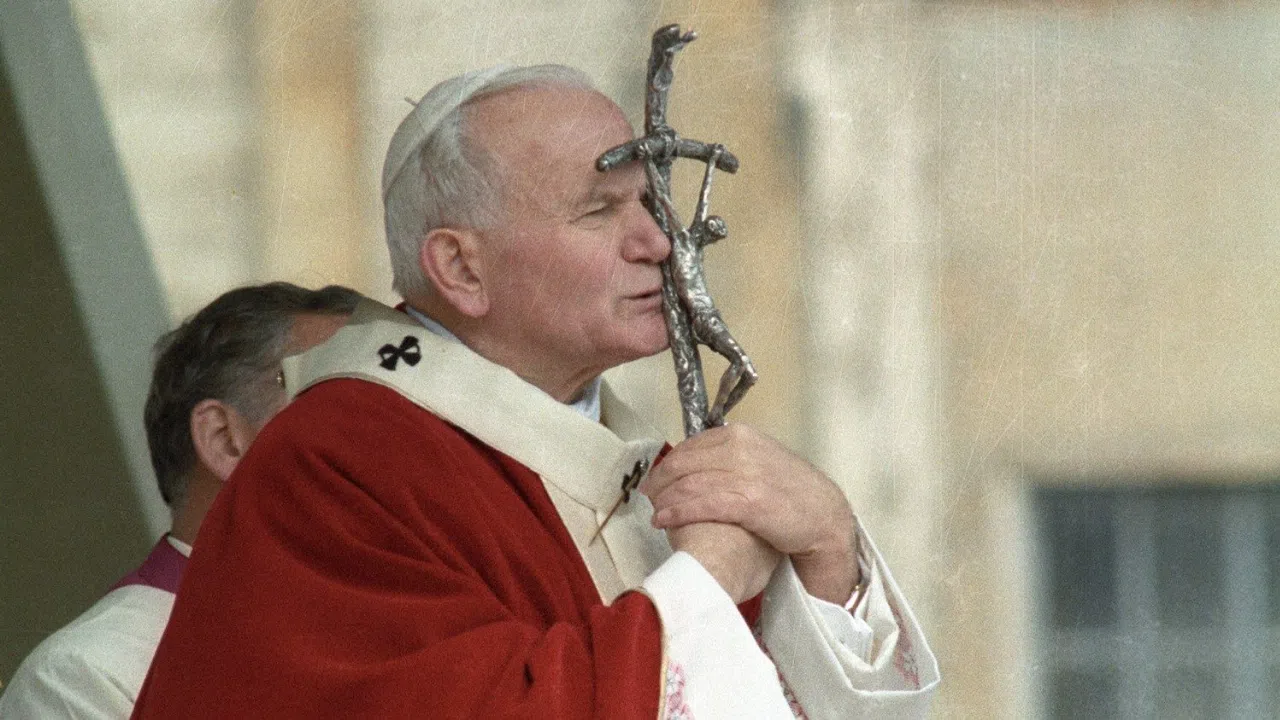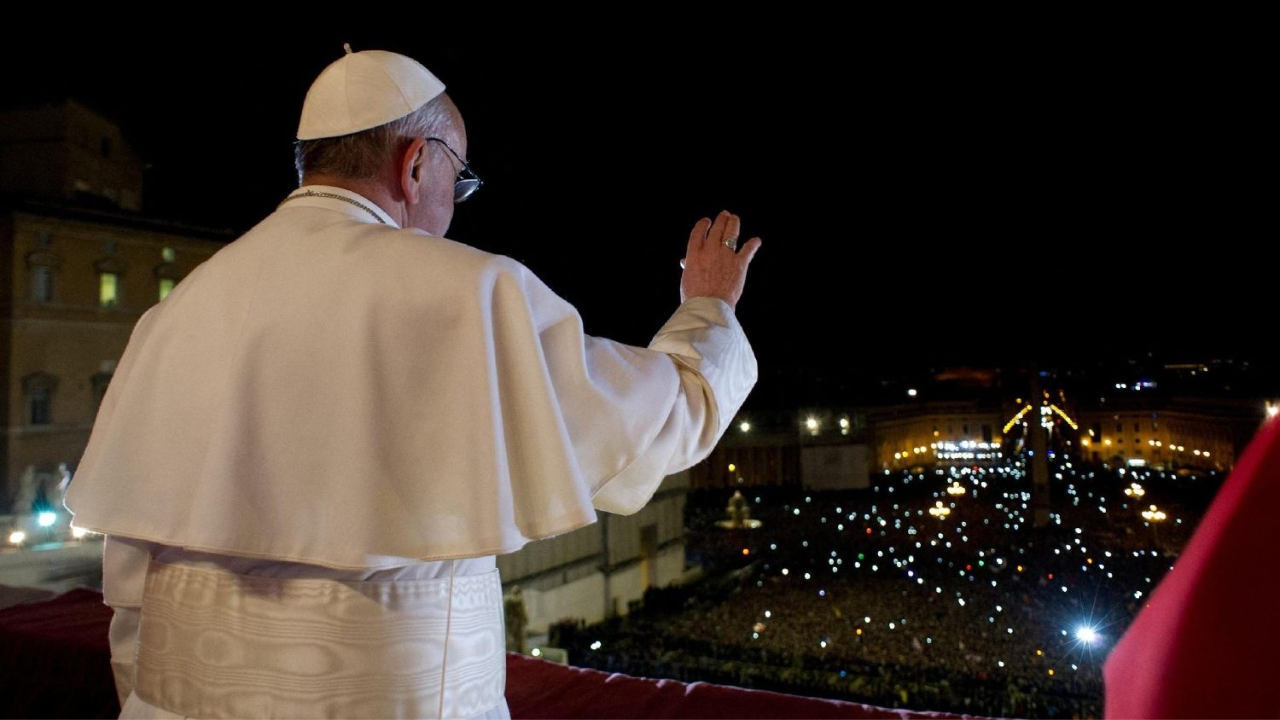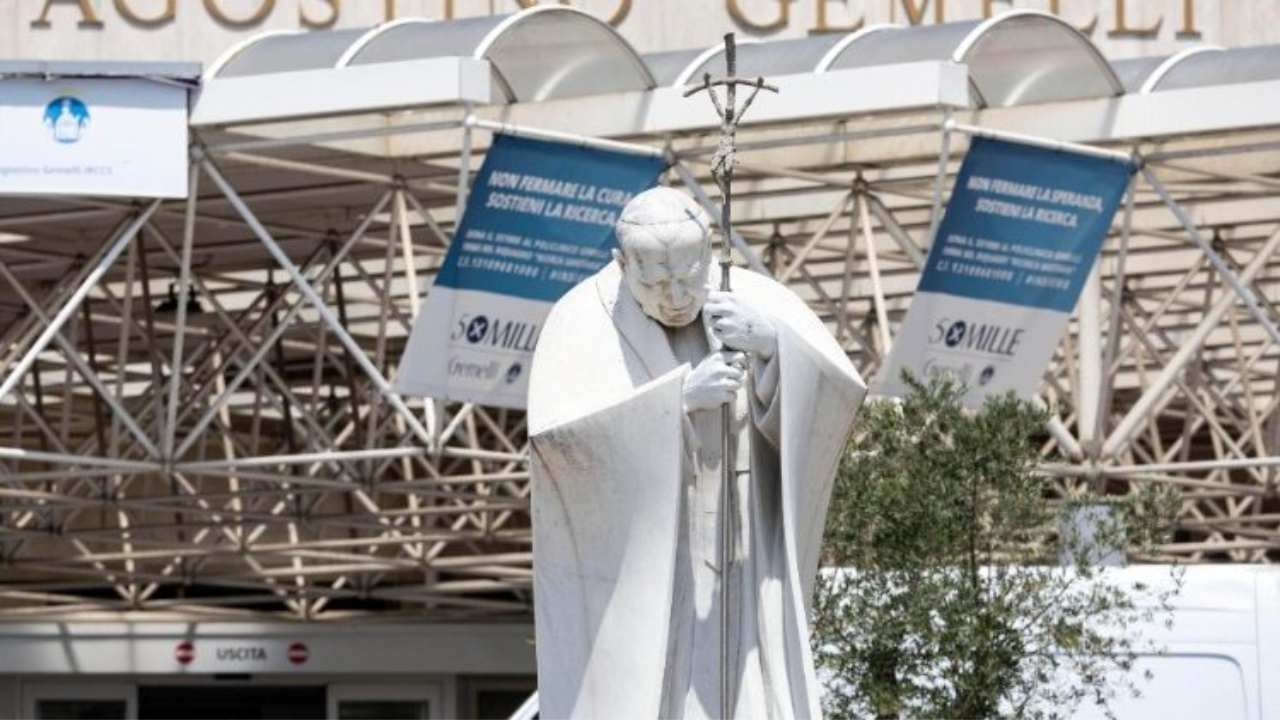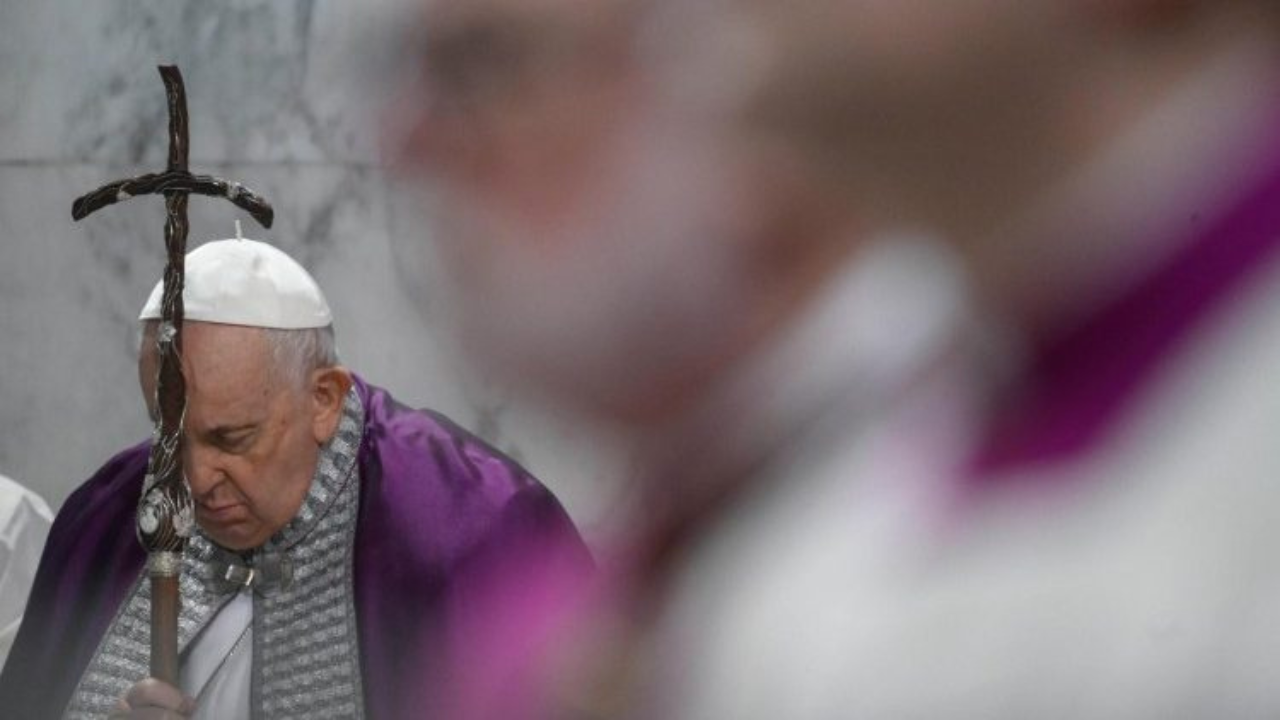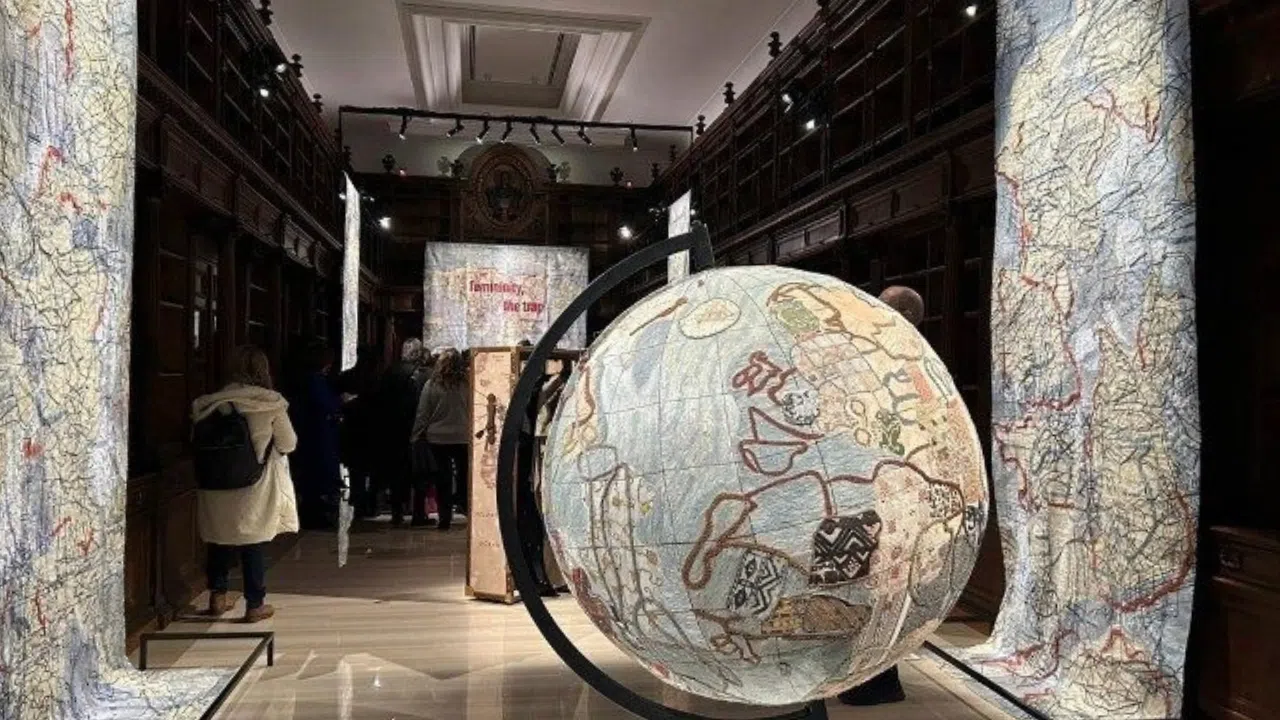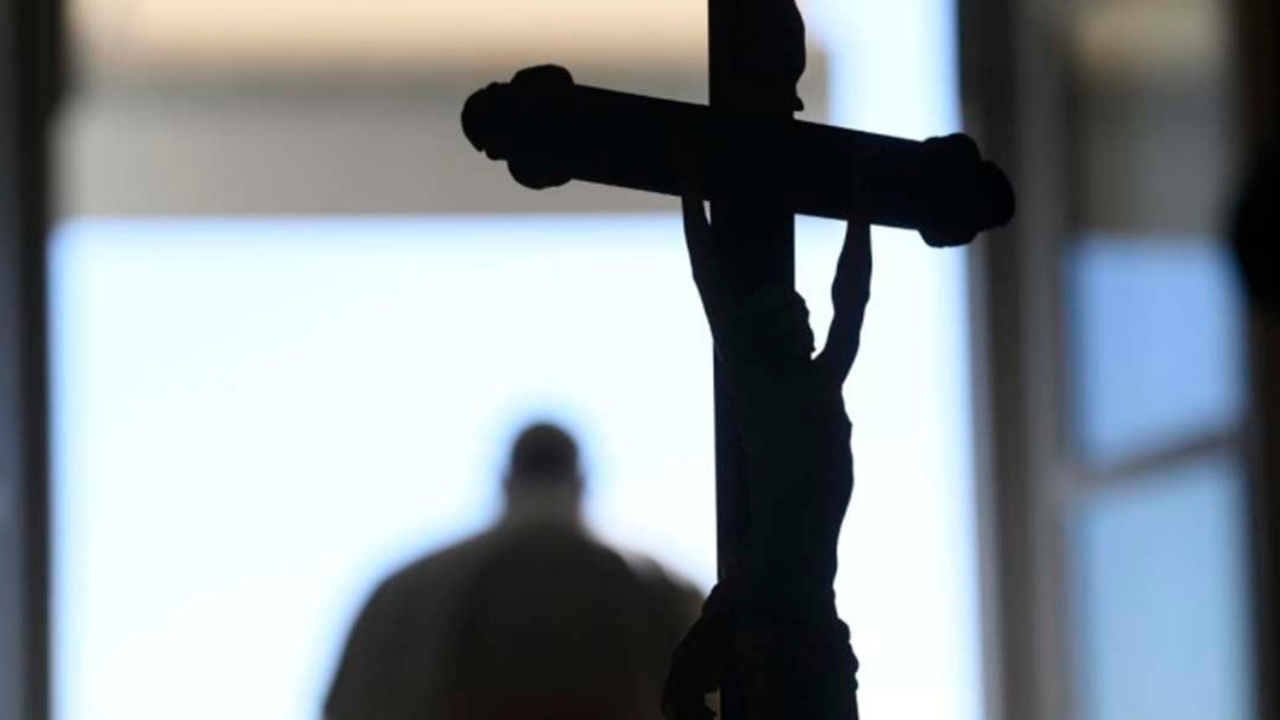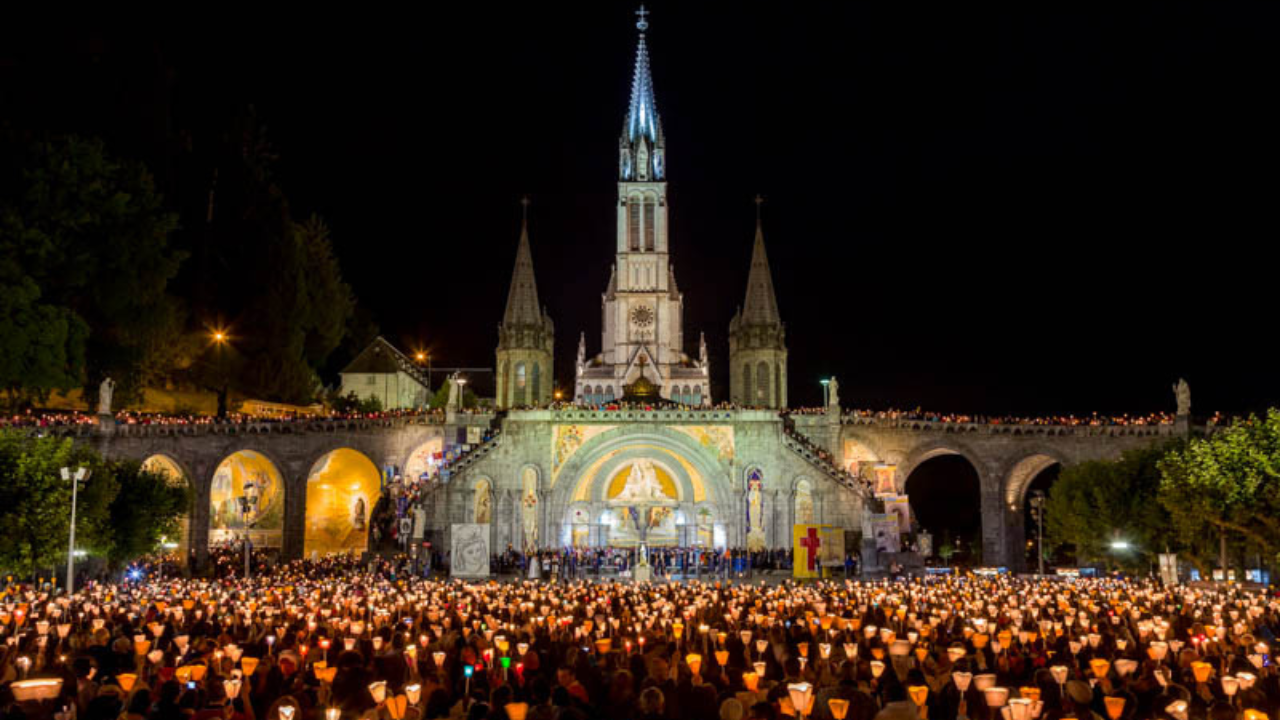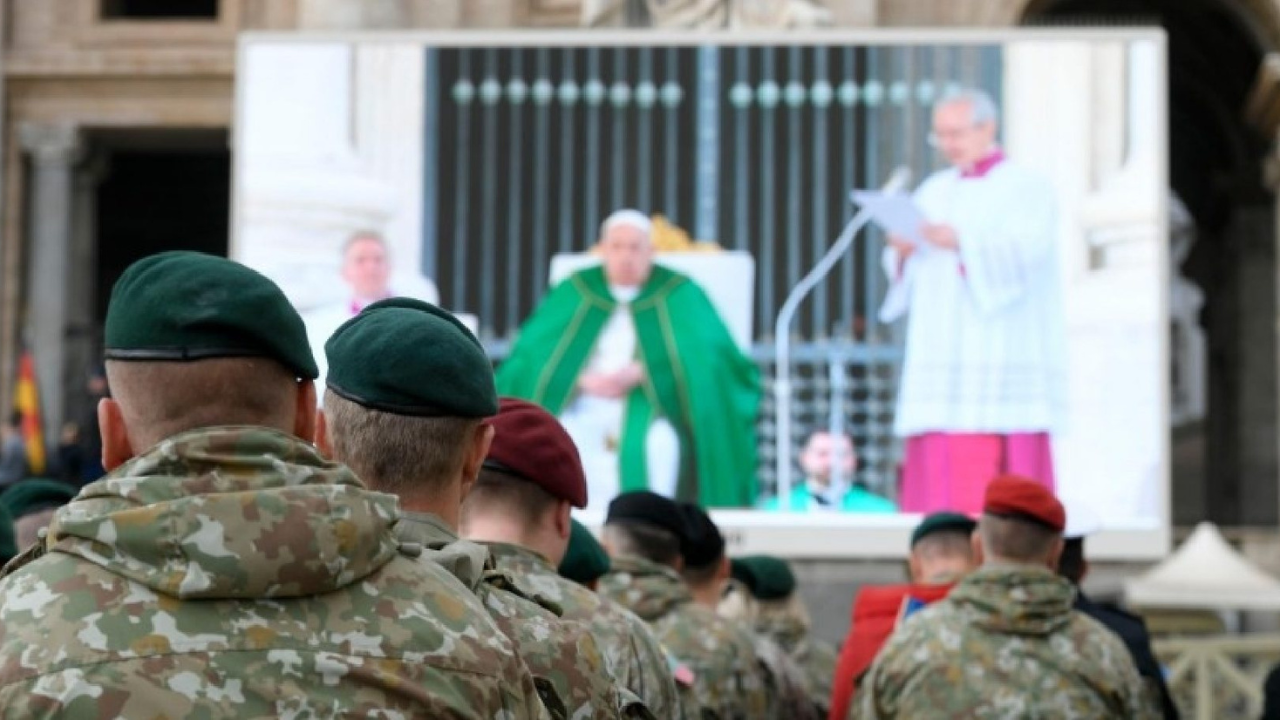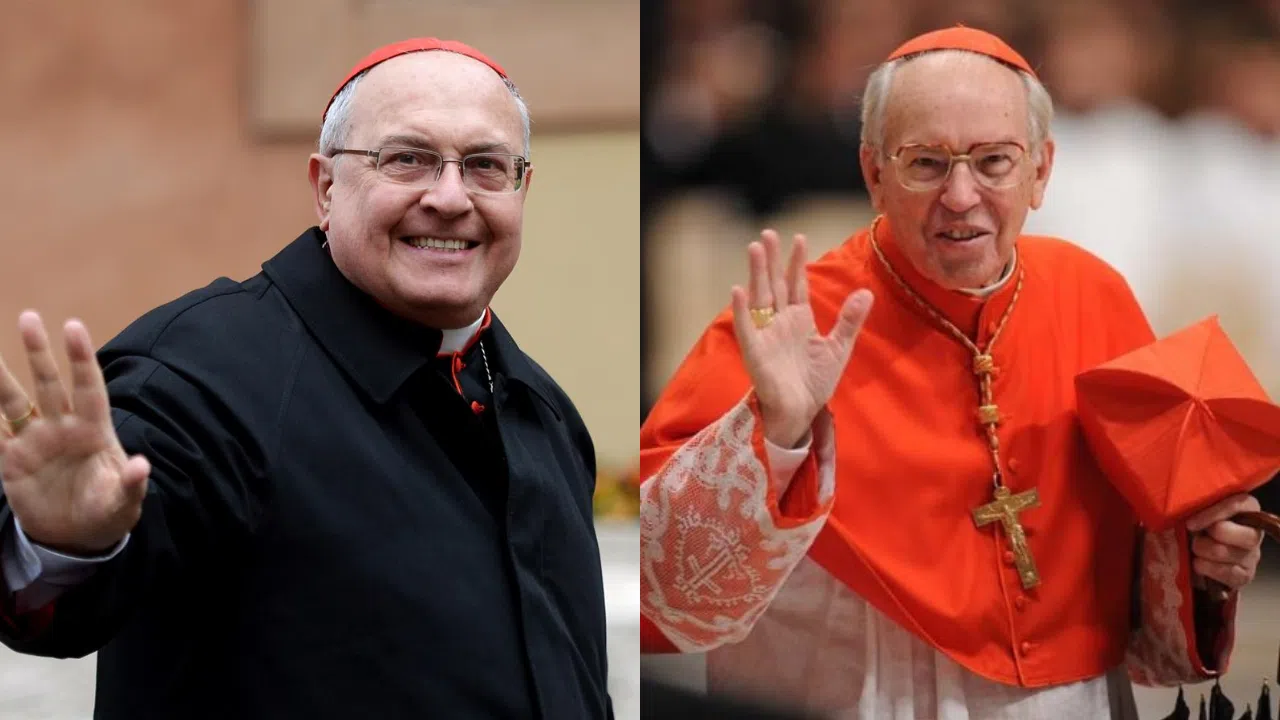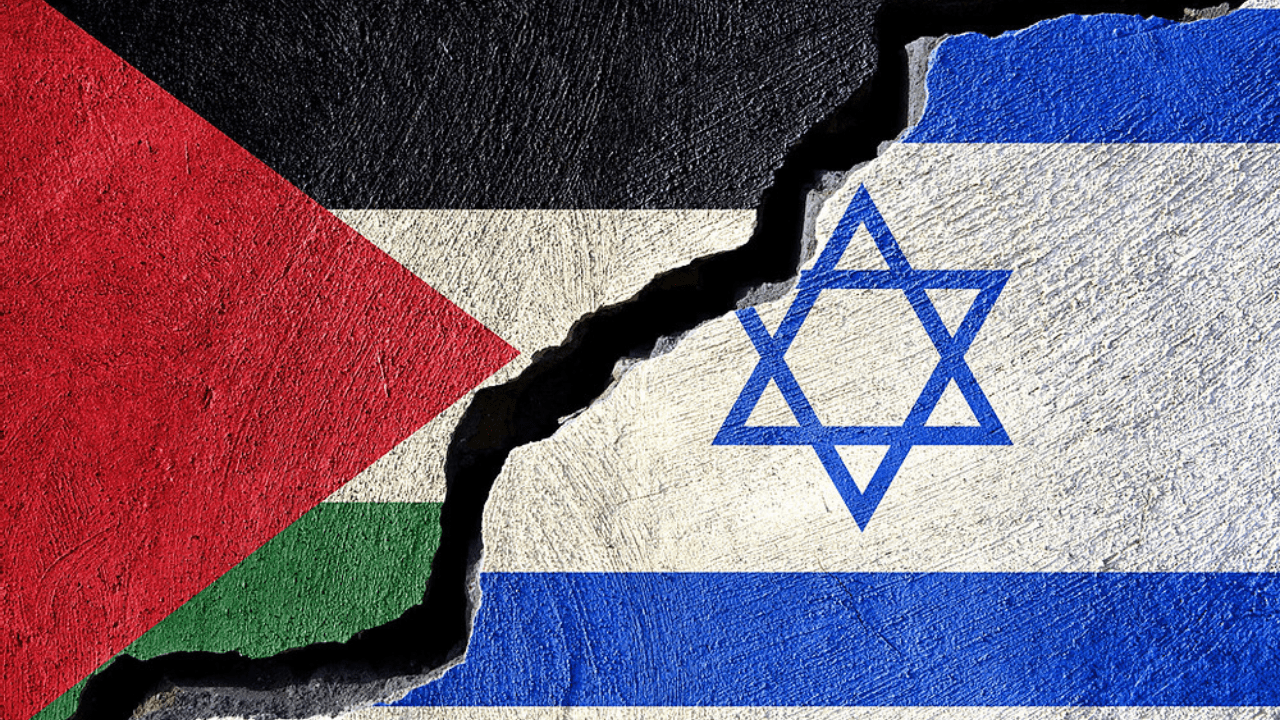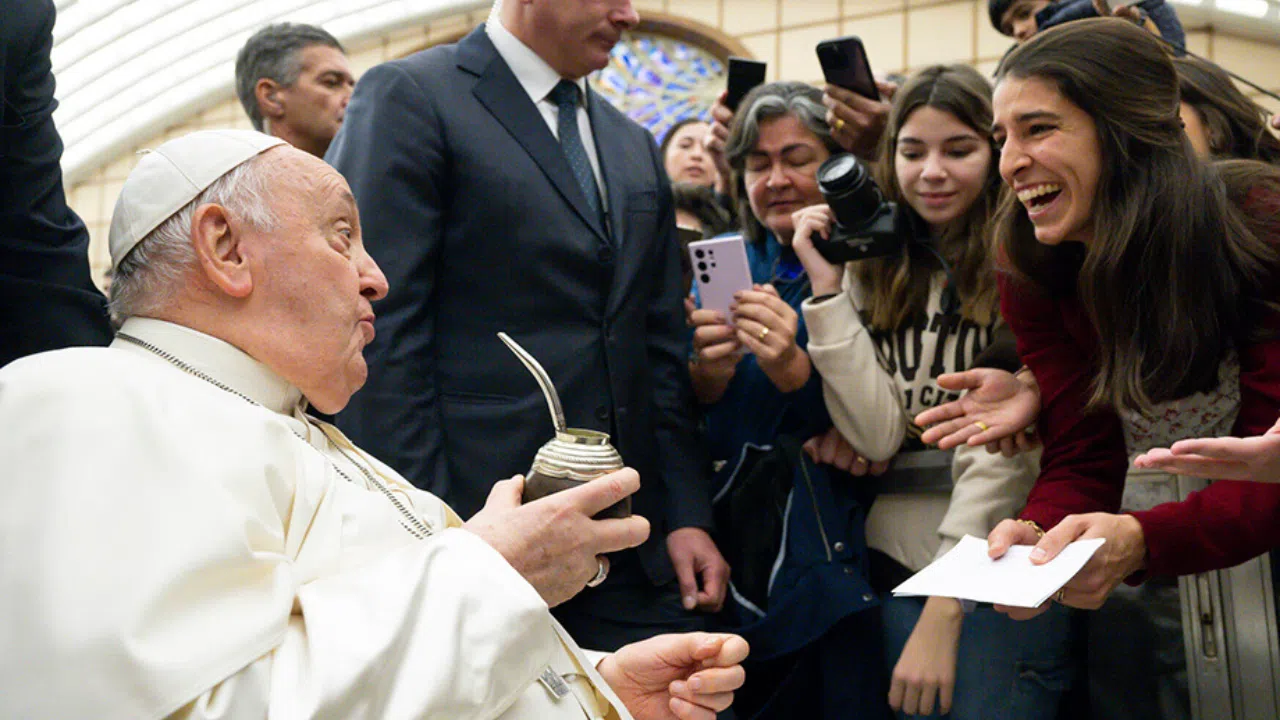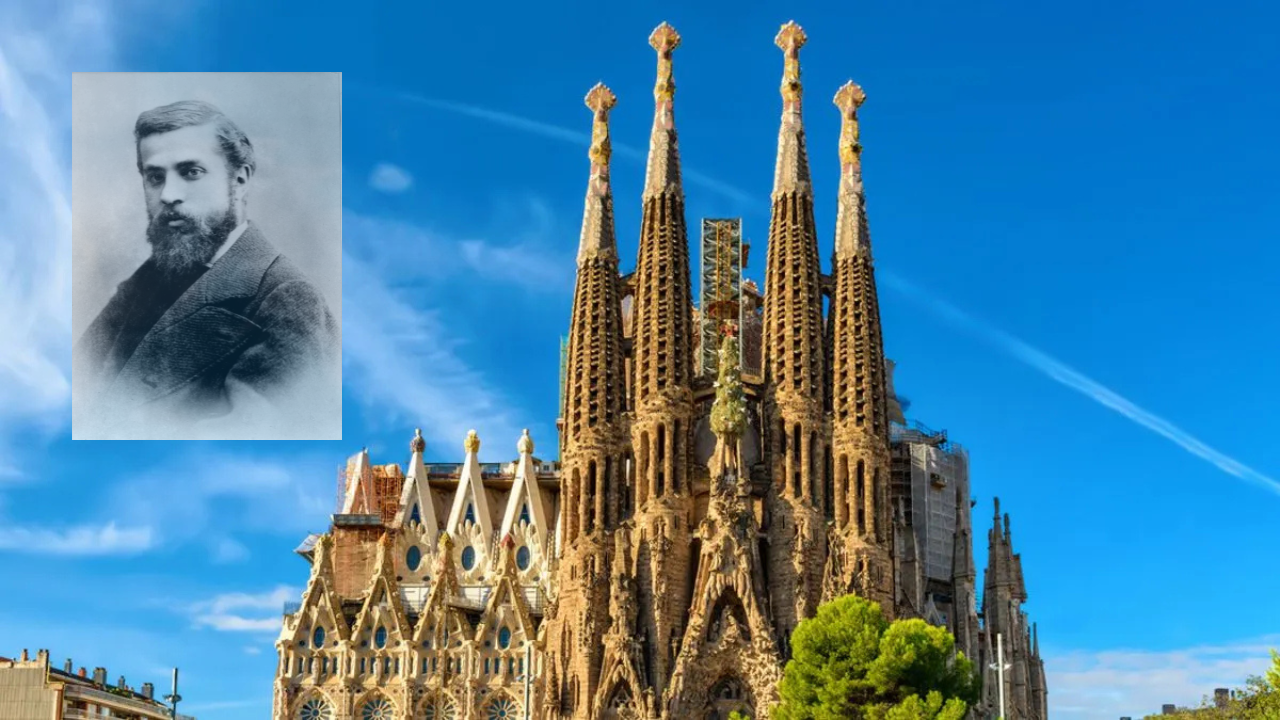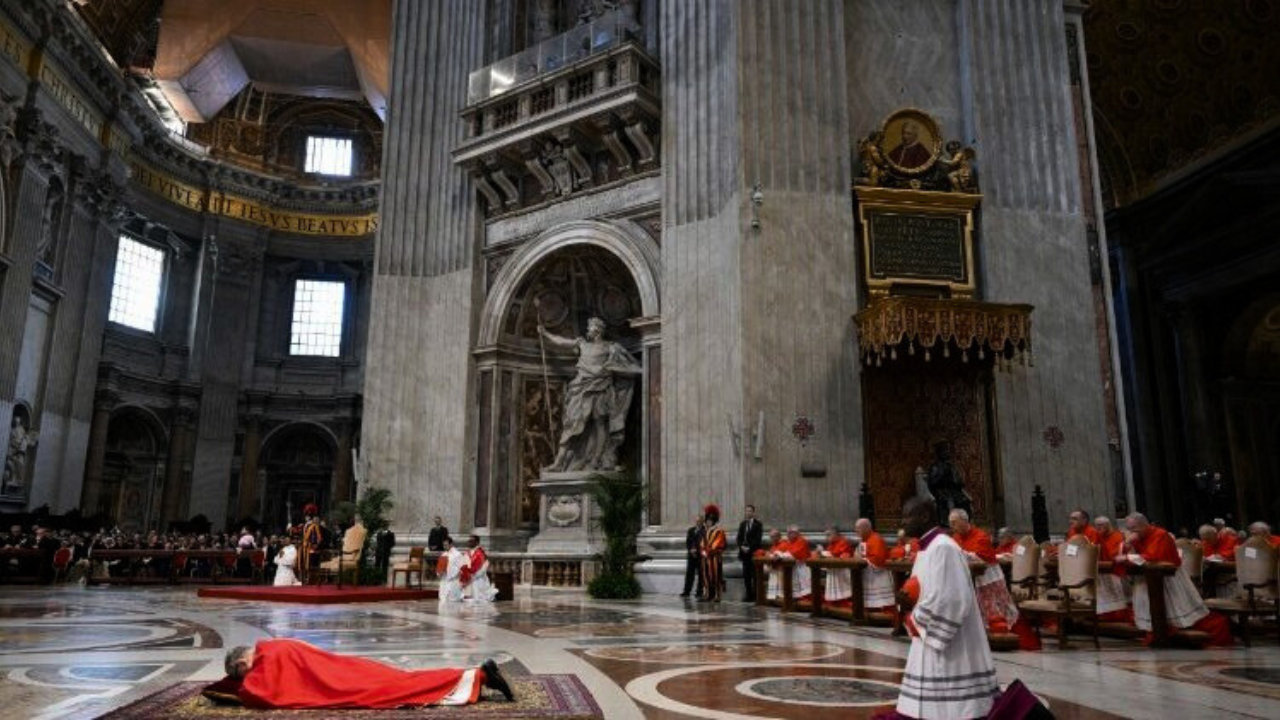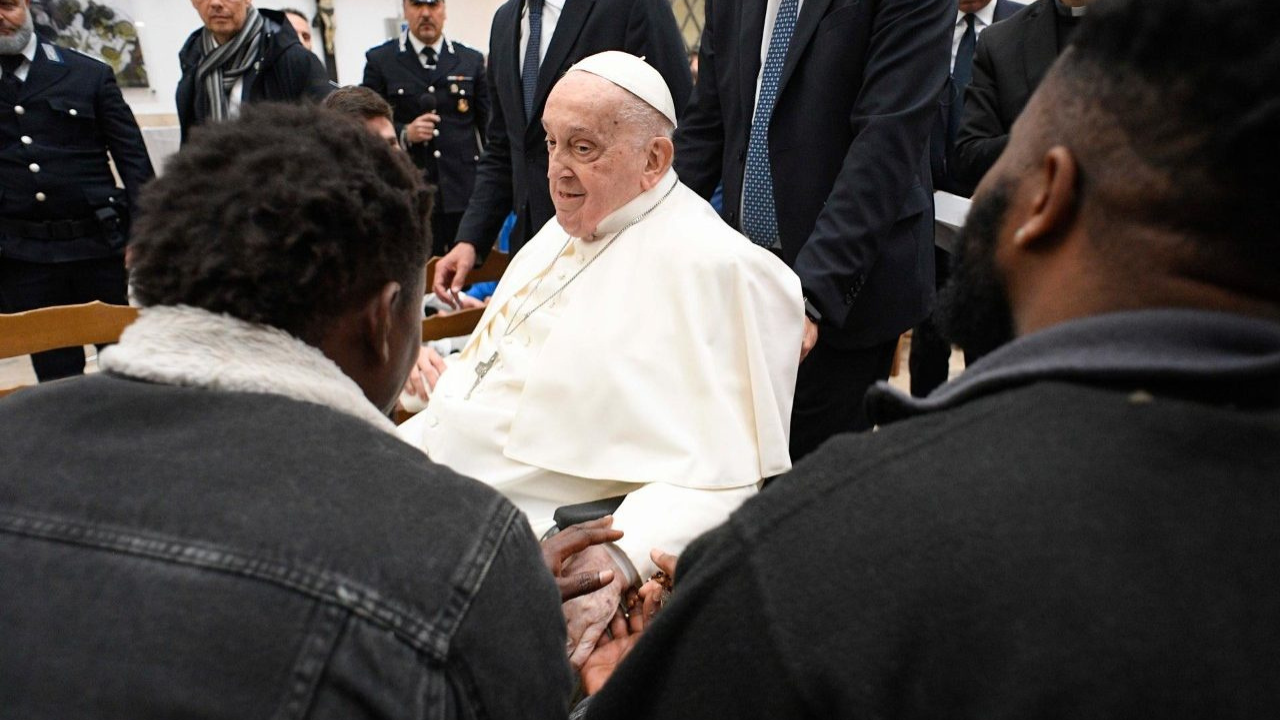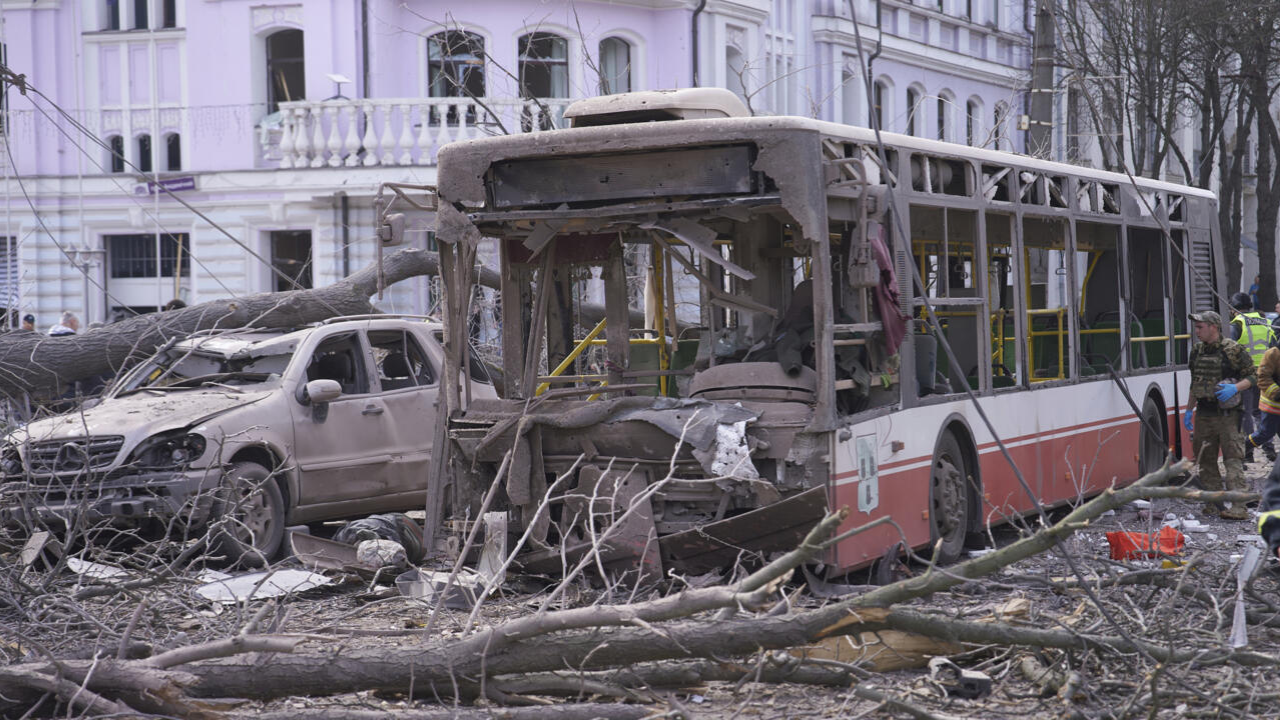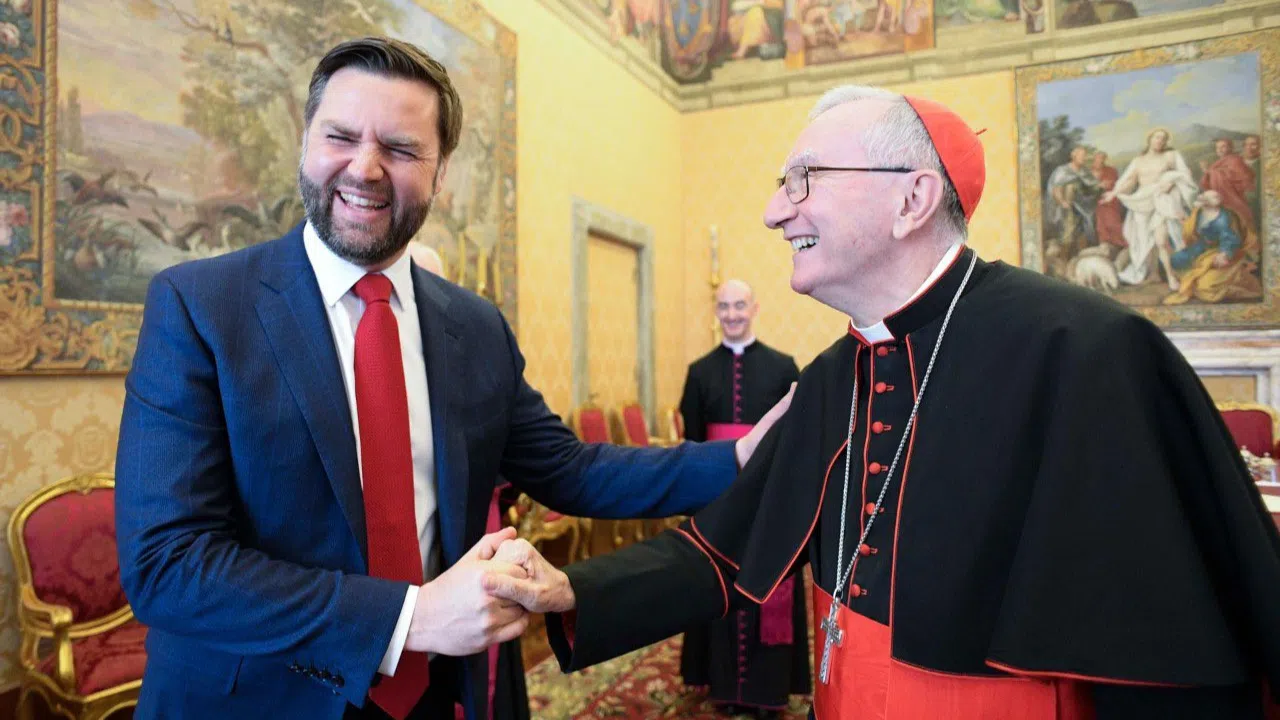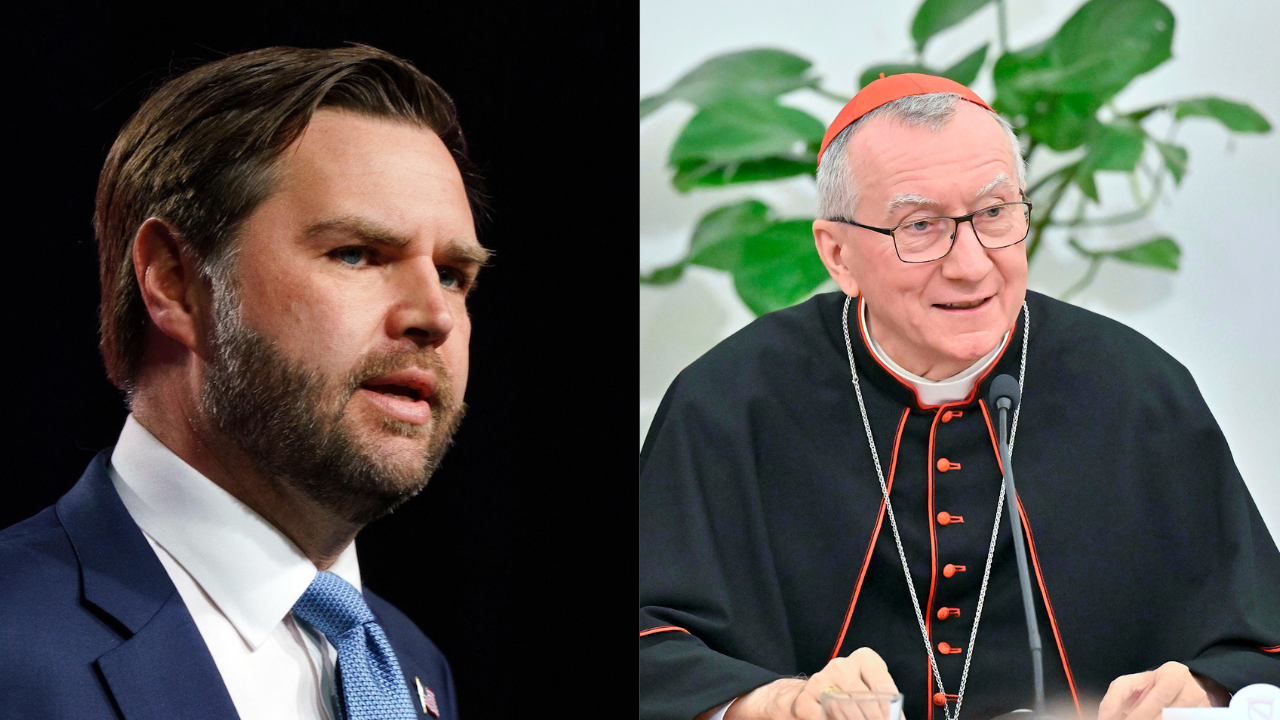The Vatileaks trial begins with five people accused of two different charges. Here's everything you need to know about the blockbuster case.
THE ACCUSED
The main suspects are two members of a committee created by Pope Francis to reform the administrative and financial offices of the Holy See. They are a Spanish priest, Lucio íngel Vallejo Balda, and an Italian laywoman and PR expert, Francesca Chaouqui.
Balda's secretary Nicola Maio has also been charged.
They are accused of 'criminal conspiracy to disseminate news and documents related to the fundamental interests of the Holy See and the Vatican City State.â?
Also charged are the journalists Gianluigi Nuzzi and Emiliano Fittipaldi. They face charges of 'illegally procuring and later revealing news and documents related to the fundamental interests of the Holy See and the Vatican City State.â?
THE PROCESS
The process begins at the Court of the Vatican City State on Tuesday, November 24th.
If any of the accused do not appear, they will be tried in absentia. Their lawyers have time until Saturday the 28th to present evidence in their defense.
The penalty for these offenses can be up to eight years in prison.
WHAT HAPPENED?
According to the prosecutor, the first three defendants collected and transmitted confidential information to the two journalists so that they could make it public.
The prosecutor added that reporters 'requested and exerted pressure, especially on Balda, to obtain classified documents.â?
They will elaborate on this 'pressureâ? during the trial.
WHAT SECRET DOCUMENTS HAVE BEEN PUBLISHED?
The documents create a snapshot of the Pope's attempts to reform the Vatican in 2013 and 2014. The general idea, that the Pope encountered opposition to his reforms, is already well known. But the documents add more detail.
The most sensitive document is a recording of Pope Francis during a private meeting.
The stories also include reports and correspondence from people on the commission tasked with reforming the Vatican's financial and administrative organization. This includes data the Pope requested in 2013 about the state of the Vatican's finances.
The texts reveal that some Vatican departments resisted providing information to hide some excesses. It also shows a lack of understanding among cardinals, mismanagement of real estate, problems with the Vatican's pension system, and an unbalanced distribution of charitable giving, with too much being spent on administrative costs at the Holy See.
HOW HAS THE VATICAN RESPONDED?
Besides arresting and interrogating two of the leakers, a Vatican spokesman responded to several points in the publications:
- He said that they refer to a specific time and that work has already been completed.
- He denied there are problems in the pension system for Holy See employees.
- He recalled that by law, donations to St. Peter's are used for charity but also for the organizational management of the Catholic Church.
What remains to be seen is exactly why the Vatican employees leaked information, and whether the two journalists will be convicted for publishing it.
JMB/ATO
RR
V
- PR
UpATO
